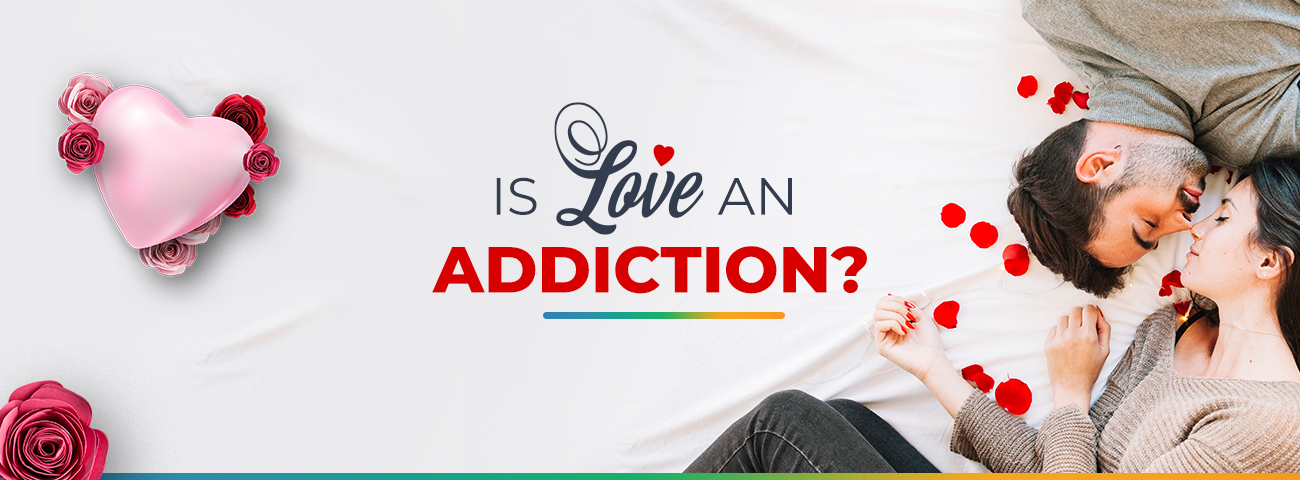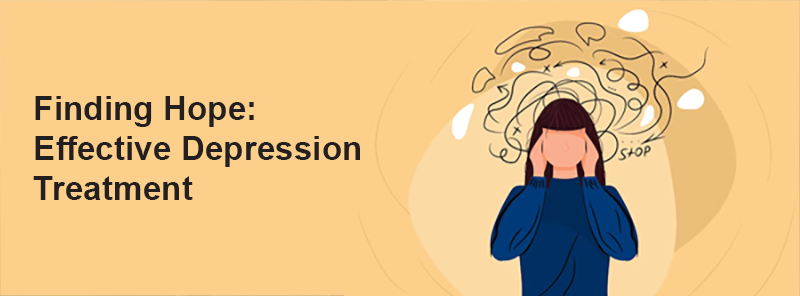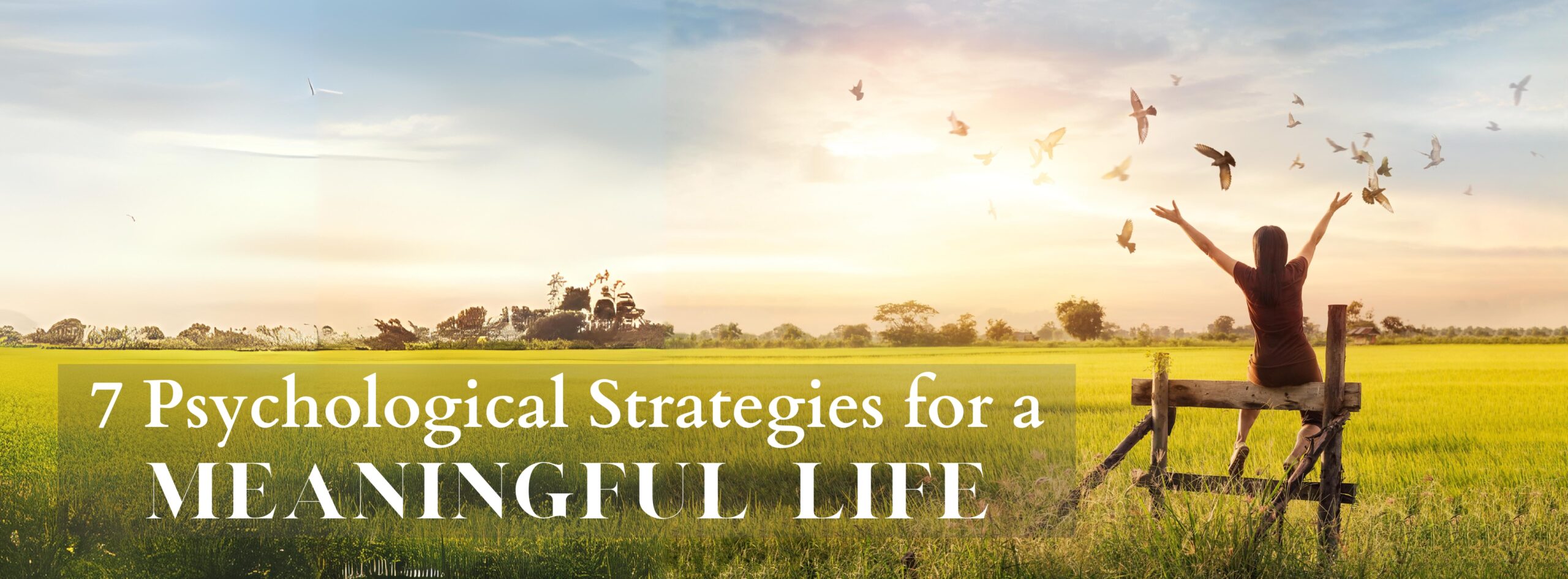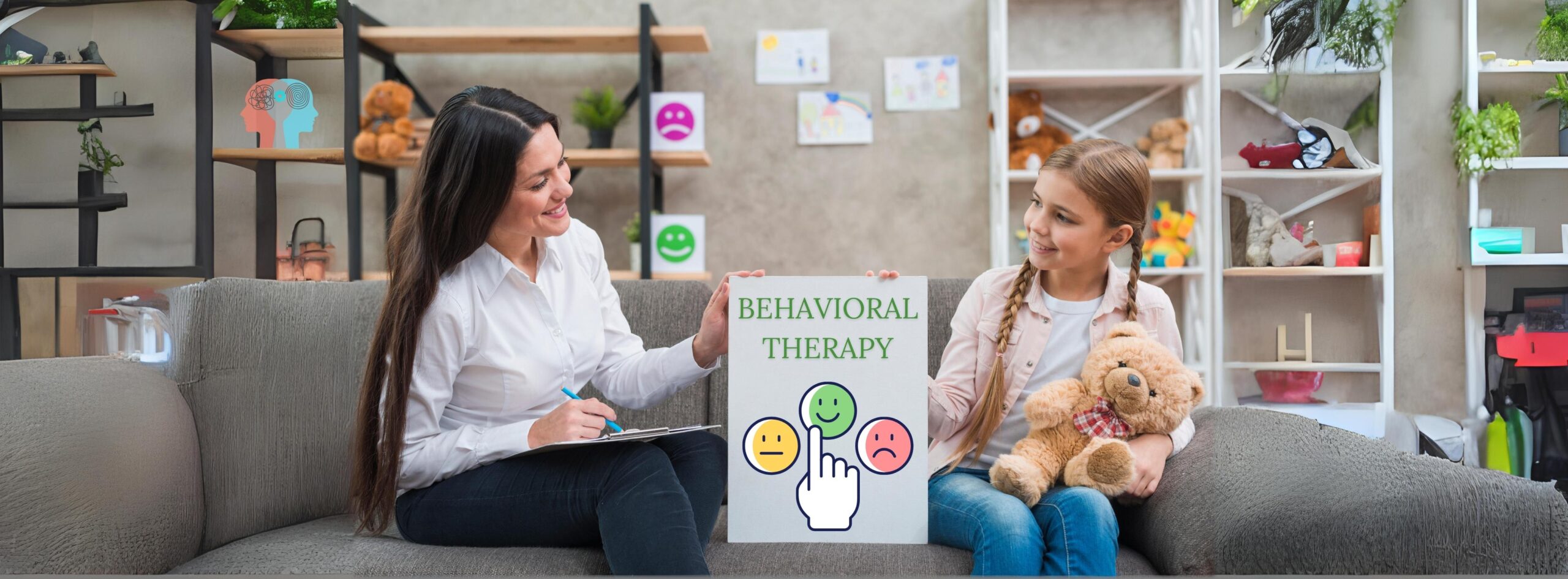Love makes you do crazy things, they say, yet all of us long for it. We’ve experienced the euphoria, dependence, craving of intense love, but is there such a thing as ‘too much love’?
What Is Love?

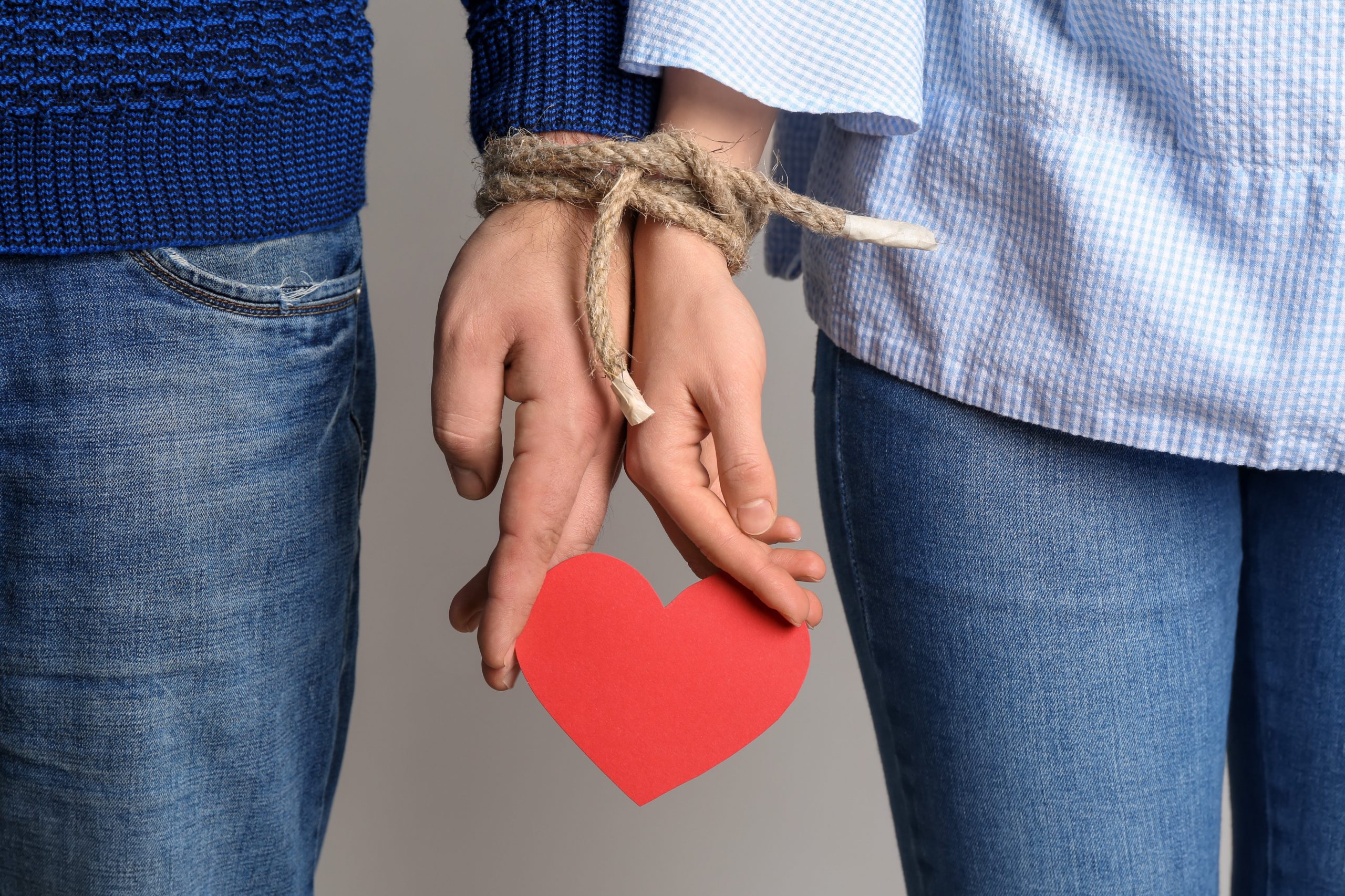 Love is truly magical. It’s a mix of strong, complex feelings of affection, warmth, security and respect. For some it means a forehead kiss, some it’s forgiveness, it could be undying support or a homecooked meal. Love comes in different ways. We were all birthed wrapped up in love from our parents. We looked at them with a twinkle in our eyes while they satisfied all our needs and wishes.
Love is truly magical. It’s a mix of strong, complex feelings of affection, warmth, security and respect. For some it means a forehead kiss, some it’s forgiveness, it could be undying support or a homecooked meal. Love comes in different ways. We were all birthed wrapped up in love from our parents. We looked at them with a twinkle in our eyes while they satisfied all our needs and wishes.
Although love and affection could often be confused, they are very different emotions. Love, being a deeper-rooted emotion, is much different than merely liking someone. Loving someone means loving them unconditionally, warts and all. A sign of true love is the strong connection you’ve with someone. At the start, what we call the ‘honeymoon phase,’ of a relationship, love feels like a breeze; it comes easy but over time, as the years pass by, things change, and relationships grow distant or break, we still choose to keep on loving. Why do we do that? Do we count on love to fulfil our desires? Do we love to lessen our stress? The hurdles in a relationship often begin with the break of trust; where trust fails, love does too.
Can you get addicted to being in love?

Love can be a positive or a negative influence in our lives. When does love cross the line and turn into addiction? How can something so precious cause harm? If it isn’t good for you, is it still love? Or just addiction?
Addiction usually takes place when we lose control over our habits. In the context of love, it’s the transfer of control from oneself to someone else. It creates an overly reliable or dependent partnership. Love turns into a habit that consumes all our energy and attention, leaving other avenues of our lives to suffer.

Despite how common love addiction is, most people don’t recognize it.When love goes beyond what it’s supposed to be, it takes over our lives and being. Addiction to love, sex, cases of abuse and violence are widely discussed in the media. The consequences of unrequited love fueled by anger and ferocity lead to harmful and damaging relationships. It isn’t until love turns into hate that people recognize and decide to act on it and make changes.
Love isn’t just romantic or sexual. This toxicity and addiction could be shared with friends, family, children, or people you’ve never met. The ‘fangirl/boy’ culture is an example of how impersonal or relationships with strangers (e.g., celebrities) could also have a negative impact.
Psychologists believe love addiction can paint a distorted picture of what love is and what it should feel like. It makes us subconsciously abandon our authentic selves and reality; our responsibilities, needs, and strength are compromised.
An addict will rely on someone else to make them feel good. They believe it the other person’s job to make them feel whole, which is a huge responsibility and expectation to put on someone else. To quote Psychologist and Author Brenda Schaeffer, “Rather than a bonding, love becomes a psychological bondage.”
In a nurturing and healthy relationship, there should be equal care and support. The act of feeling whole or complete is one’s responsibility to themselves. Nobody else can do the hard work for them nor should they be expected to.
Isn’t love normally always addictive in the beginning?

When you fall in love, your brain releases dopamine leading to increase in your serotonin levels. These happy hormones are ones you can never get enough of. For younger generations, it has also become acceptable to be more co-dependent. They fall for the narrative that a person could walk into their life at any moment and make it perfect for them. They also believe that love is supposed to hurt.
Owing to modern parenting techniques and the difference in social interactions, the attributes of a healthy relationship isn’t understood by many. To develop healthy relationships and maintain a healthy attachment, a child should be raised with wholehearted love and unconditional support. Over time, all of us learn that relationships aren’t a ‘fix-all’ magic solution. It takes work. One’s self-worth, identity, interests, passion, etc. are questions to which answers lay within themselves. A relationship is about mutual support and interdependency, but introspection, exploration, and growth are important elements to self-discovery and self-love. When you love yourself, you are content and happy with who you are.
Love addiction comes in many ways. One could be addicted to romance, a certain person or sometimes even sex. They could be addicted to one or more of these.
What are some warning signs and symptoms to look out for?

If you’re a love addict, you’d find yourself agreeing to several of these following statements:
- Unable to find time for oneself
- Being a people pleaser with a constant need to be liked and noticed
- Keeping count and expecting what you give in return
- Boundaries are often blurry and bent to convenience
- Unable to stay away from toxic and damaging relationships.
- Feeling unloved and desperate why not in a relationship
- Cutting away from friends, family, and other social obligations to be with a partner
- Self-esteem and self-worth issues
- Difficulty being authentic self
- A pattern of settling for and with abusive partners
- Always focused on romantic advancement
- Need for loyalty, love, and attention from people even if you don’t reciprocate
- Abandonment and commitment issues
- Developing relationships, even if with emotionally unavailable individuals
- Intimacy issues
The intensity and frequency of the aforementioned symptoms and its occurrence determine the severity of love addiction. Displaying any or some of these symptoms doesn’t suggest you suffer from addiction. Here are the telltale characteristics of unhealthy/addictive relationships:
- Unable to leave an abusive, toxic, draining, or unhealthy relationship
- Needing their constant validation
- Tailoring your behavior according to how someone else wants you to be
- A cycle of feeling good with them and panicking without
- Constant communication
- Obsessive thoughts about the partner that disrupts work or social life
- Withdrawal of one’s dreams, goals, passion, or hobbies
- Secretive about relationships with friends and family
What are its causes?

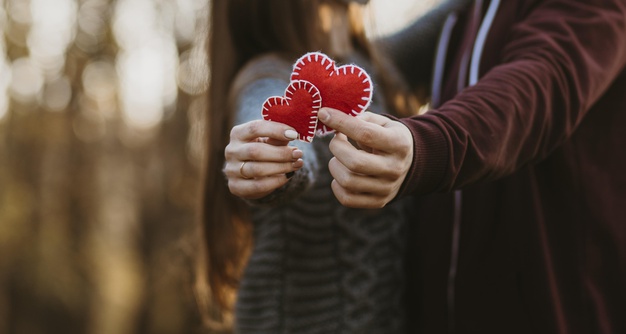 Research suggests there are similarities between drug and love addiction; both entail negative physical and psychological impact on one’s life. Love addiction is said to be linked to neurotransmitters, chemical messengers that transmit messages from our brain to the rest of our body. New love triggers these messengers activating the brain’s reward system. Positive, heightened feelings of euphoria and pleasure are a result of this. People often chase this ‘high’, leading to an addiction. An addict often escalates, seeking newer and more rousing experiences to keep up with it.
Research suggests there are similarities between drug and love addiction; both entail negative physical and psychological impact on one’s life. Love addiction is said to be linked to neurotransmitters, chemical messengers that transmit messages from our brain to the rest of our body. New love triggers these messengers activating the brain’s reward system. Positive, heightened feelings of euphoria and pleasure are a result of this. People often chase this ‘high’, leading to an addiction. An addict often escalates, seeking newer and more rousing experiences to keep up with it.
When you’re in love, be mindful of your feelings and actions. Are they crossing the line? Asking yourself hard-hitting questions often leads to developing a healthier idea of love and attachment.

